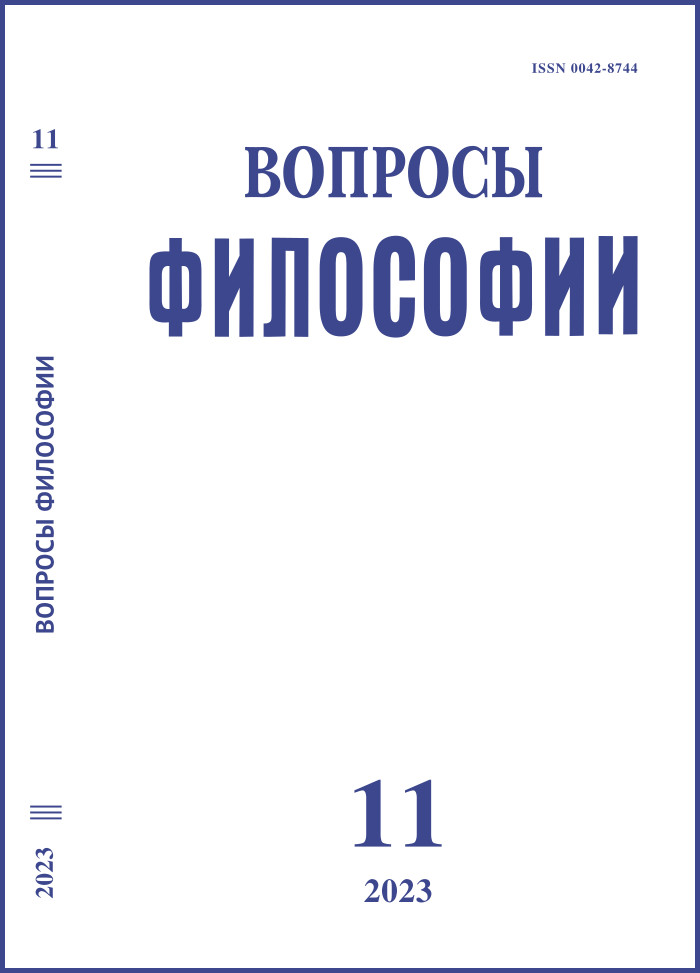W. James in Russian Academic Theology at the Beginning of the 20th century. Part II. From the Varieties of Religious Experience to the Mystical Mind
DOI:
https://doi.org/10.21146/0042-8744-2023-11-114-125Keywords:
religious experience, mysticism, theosis, knowledge of God, mystical mind, M. Tareev, P. Minin, A. Tuberovsky, W. James.Abstract
As we know, the publication of the translation of W. James’ “The Varieties of Religious Experience” in 1910 gave rise to a well-known discussion that took place in the pages of the journal “Questions of Philosophy and Psychology”. However, the fact that James’s concept has been critically comprehended in the works of some academic theologians, such as M. Tareev, P. Minin, A. Tuberovsky, still remains in the shade. Relying on James as the author who “scientifically” confirmed the existence of a religious-mystical experience, they sought to respond to the challenge that James’s pluralism posed before them. This challenge boiled down to the question of principles for distinguishing from the general diversity of religious and mystical experience its specifically Christian manifestations, which would be linked both with the content of Christian teaching and with the Christian action in the world arising from it. Such a complex formulation of the issue was determined both by the need to substantiate the significance of Christianity as the only divinely revealed religion in relation to other “external” religions, and by the desire to solve the internal problem, which was reduced to the monastic – worldly, individual – social opposition in the life of the Church, which was very typical for that era. Having considered the works of P. Minin, M. Tareev, A. Tuberovsky, we come to the conclusion about the formation of the concept, which was later actualized in the Diaspora as the concept of “mystical theology”. This concept integrates the ideas of a truly Christian experience of communion with God, knowledge of God and activity in the world.

